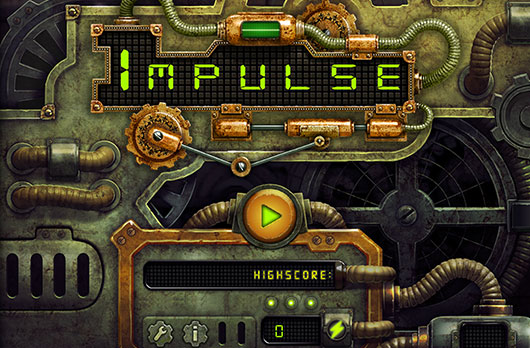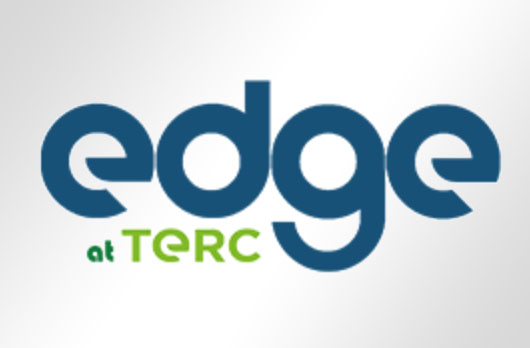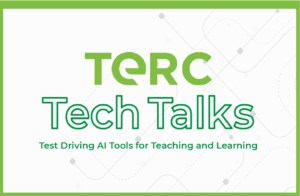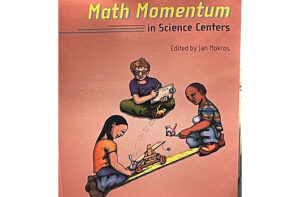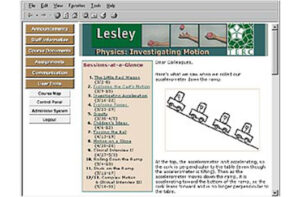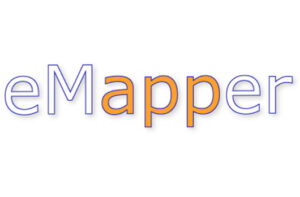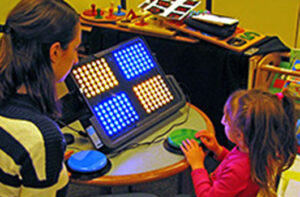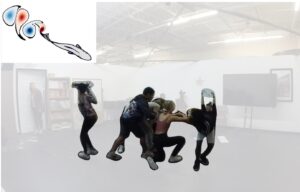Strategic Game Moves Mediate Implicit Science Learning
Jodi Asbell-Clarke, Elizabeth Rowe, & Ryan Baker
International Educational Data Mining Society, Paper presented at the International Conference on Educational Data Mining (EDM) (8th, Madrid, Spain, Jun 26-29, 2015)
Summary
Educational games have the potential to be innovative forms of learning assessment, by allowing us to not just study their knowledge but the process that takes students to that knowledge. This paper examines the mediating role of players’ moves in digital games on changes in their pre-post classroom measures of implicit science learning. We applied automated detectors of strategic moves, built and validated from game log data combined with coded videos of gameplay of 69 students, to a new and larger sample of gameplay data. These data were collected as part of national implementation study of the physical science game, “Impulse”. This study compared 213 students in 21 classrooms that only played the game and 180 students in 18 classrooms in where the players’ teacher used game examples to bridge the implicit science learning in the game with explicit science content covered in class. We analyzed how learning outcomes between conditions were associated with six strategic moves students made during gameplay. Three of the strategic moves observed are consistent with an implicit understanding of Newton’s First Law, the other three strategic moves were not. Path analyses suggest the mediating role of strategic moves on students’ implicit science learning is different between the two conditions. [For complete proceedings, see ED560503.]
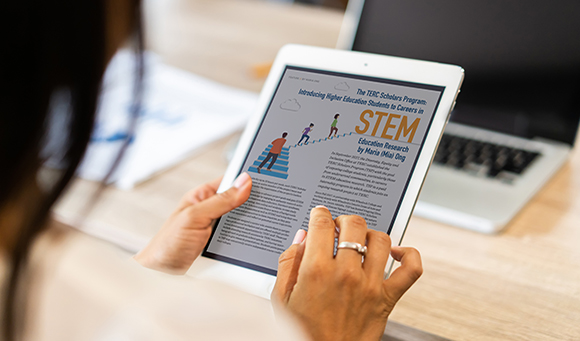
Related People:
Elizabeth Rowe and Jodi Asbell-Clarke

